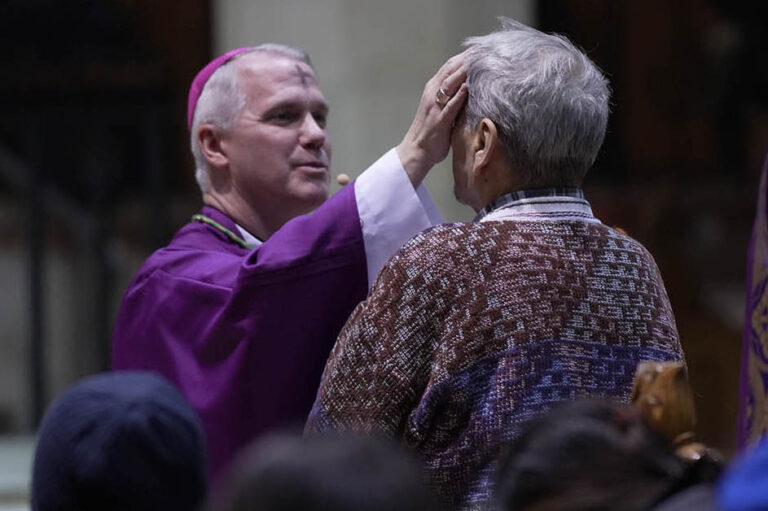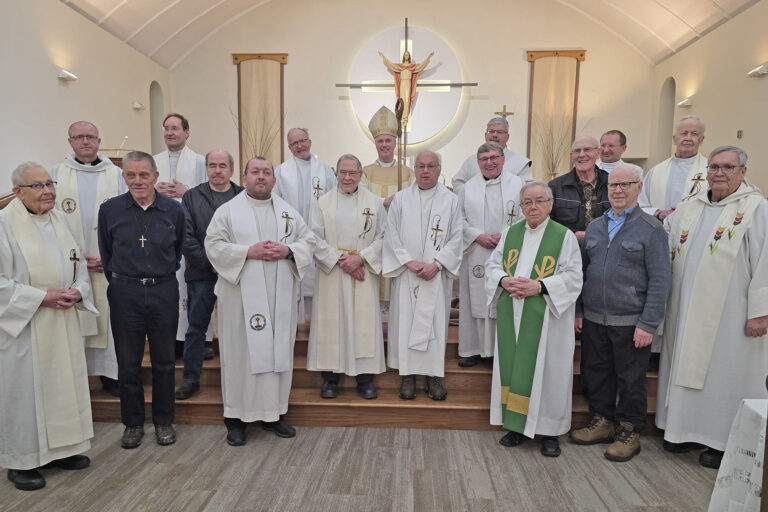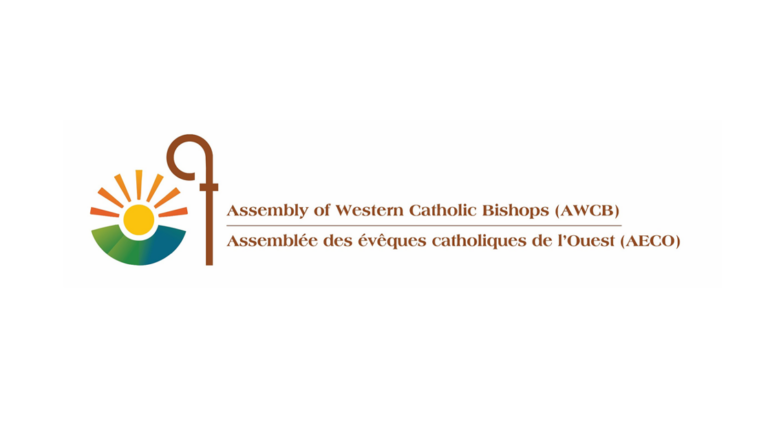There’s a story told of a mother, who one afternoon, made a visit to her parish Church with her young son. As they were in the Church, the sun was shining through the stained-glass windows just right so the Church was aglow with vivid colors all around. The boy was staring up at the windows, in awe of it all. He pointed up at the images in the windows and asked his mother “who are they?” The mother replied “those are the saints, sweetheart.” A couple of weeks later, the boy was attending
children’s liturgy when the teacher asked “Does anyone know what a saint is?” The boy’s arm shot up and, given the chance to answer, he said “the saints are those the light shines through.”
When it comes down to it, that’s a pretty good definition of a saint.
When you consider that more than 10,000 people have been recognized as saints, you’re bound to find all sorts of people. Our saints are men and women of every age, vocation, social status, coming from all corners of the world, who lived through all sorts of joyous times and trying times alike. But despite these differences and whatever circumstances they lived through, each one chose to let Christ’s light shine through them. This is why we hold them up today as examples of heroic virtue — and we are meant to imitate this virtue in our own time and circumstances… difficult as they might be.
When the first rounds of pandemic related restrictions were imposed in North America, Bishop Robert Barron saw our circumstances as a rare opportunity to seek out God in the “silence” that resulted from ordinary life coming to such a screeching halt. Looking back, maybe you were able to do that, and this period has borne great spiritual fruit. Perhaps your focus has been more on surviving the unpredictability of these times – and that may, in and of itself, represent an act of heroic virtue. At the same time, the invitation to become saints remains no matter the crisis, the social situation, the government of the day, and so on.
So, what do we need to be doing to become saints? Well, if the saints are those “the light shines through,” we need to start by drawing nearer to the light ourselves. Jesus says “I am the light of the world; he who follows me will not walk in darkness, but will have the light of life” (John 8:12). Since the Eucharist is both the source and summit of our Christian life (CCC #1324), hopefully these months when we’ve been limited or been away has awakened in us a hunger to receive Jesus as often as possible. In addition to the Eucharist, our faith suggests some other places we might draw near to the light as well.
We might pay a visit to the Blessed Sacrament. This might be for an extended time of Eucharistic Adoration, or simply stopping inside (or even taking some time in the parking lot outside) to simply be present to Jesus for a few minutes, sharing whatever might be on our heart with Him and listening for ourselves.
We could make time to study. Study scripture, the Catechism, or any number of good spiritual writers. Many of our parish churches have libraries stocked with spiritual classics — these libraries may be a good place to start.
We ought to make a commitment to daily personal prayer — either starting a habit or increasing the time we already spend in silent conversation with Our Lord.
It’s possible that doing any (or all) of these things will shine light on some area of our lives that needs some work: some bad habit we’ve picked up or some area of sin we didn’t even realize was a sin. If that’s the case, we should make our way to the sacrament of Reconciliation. I’ve been told that although the minimum expected of us is to get to confession once per year, for many of us a healthy habit is to get to confession at least once per month.
Once we have drawn nearer to Christ, we need to bring the light to those who are in darkness. Jesus tells us to “…let your light shine before others, so that they may see your good works and give glory to your Father in heaven” (Matthew 5:16). In the Gospels, Jesus didn’t mince words on this. He spoke of the need to love our neighbor (Matthew 22:39), he expanded our definition of neighbor (Luke 10:25-37), and finally helped us to understand that our neighbors include those we find most difficult to love (Matthew 25:31-46).
The need to love all our neighbors seems to have become that much more difficult — yet necessary — during these past months. It starts with those who live under the same roof as we do, as we learn all over what it means to apologize and forgive, finding small ways to show great love to our families and our immediate communities. It also involves looking for those Jesus called “the least” of our brothers and sisters, though we can see more clearly that this goes beyond the hungry, the thirsty, the stranger, the naked, the sick and those in prison. We can now see that it also embraces the lonely, the afraid, and the overwhelmed. It includes those we see on the other side of a divisive argument. We need to bring the light of Christ to them by our charity, by our compassion, and by our understanding.
Becoming a saint isn’t easy but it is intended to be our life’s work. Thankfully, we have the example of many who’ve come before us through similar circumstances who can inspire us by the way in which they’ve allowed Christ’s light to shine through them… and whom we can also ask to pray for us in the difficult days in which we find ourselves.
— Mike Landry is chaplain to Evergreen Catholic Schools west of Edmonton, and serves as an occasional guest speaker and music minister in communities across Western Canada. Mike and his wife Jennifer live in Stony Plain, Alta. with their five children.



